Northerners in the Southwest
Le The Thanh was born in 1940 in a family with a revolutionary tradition in Tan Cuong commune, Dong Hy district (Thai Nguyen). In 1959, Le The Thanh passed the entrance exam to Hanoi Pedagogical University but listened to his father and stayed in his hometown to build a new school, teaching Literature and History at secondary level. Writer Nguyen Khac Truong, former Chairman of the Prose Council of the Vietnam Writers Association, said: “That year, Mr. Thanh was 19 years old, tall and handsome; I was in 6th grade. Although I was only in secondary school, many adults were very smart, older than him; some of them were married. Most of the students were cooperative members, very good at woodwork. The school lacked classrooms, so teachers and students worked together to level the land, build rammed earth houses, cut thatch to cover the roof, and were more proficient than with books.”
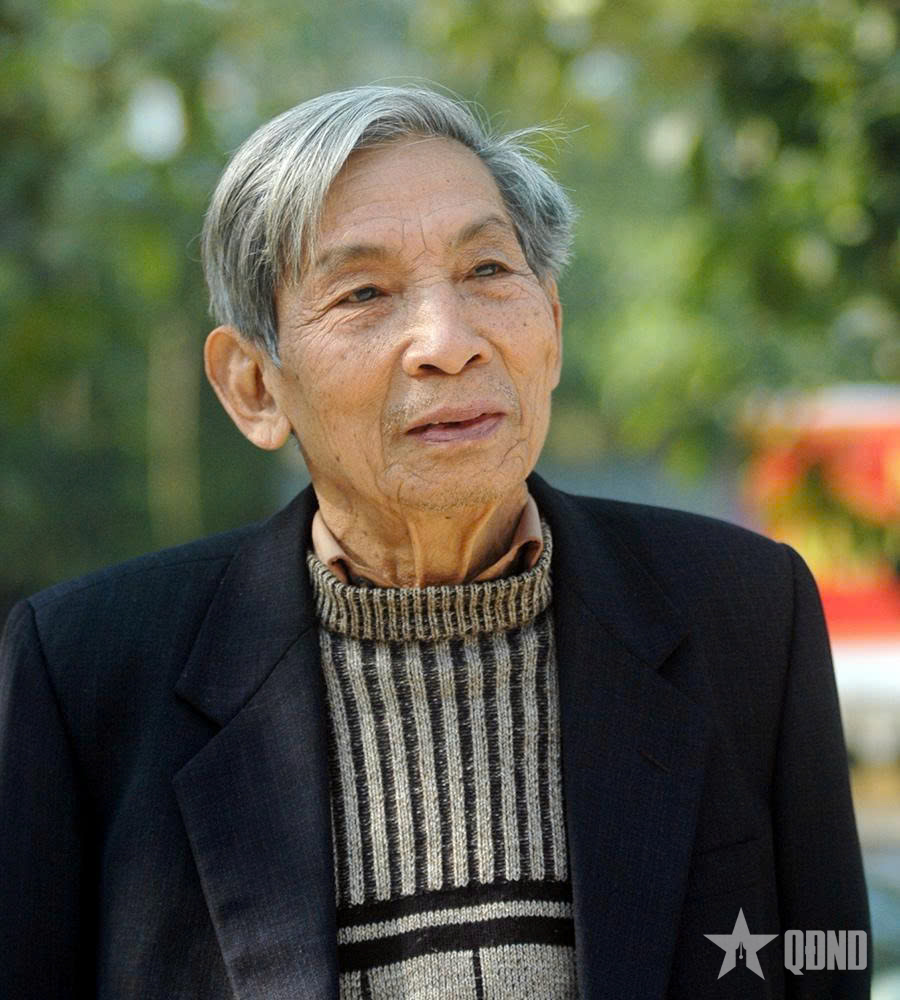 |
Journalist and writer Le The Thanh. |
He used to work at the Education Department of Dong Hy District (Thai Nguyen) and took the exam and was admitted to the Faculty of Literature, Hanoi University of Science (now Hanoi National University). During his years of studying here, he was very diligent and studied well, read a lot, so he was loved by his teachers and friends. In particular, Professor Ton Gia Ngan, in charge of the Western Literature Department, intended to keep him at the school as a graduate student after graduation. However, he refused and volunteered to go to B with a number of students assigned to the battlefield to do propaganda work. In August 1965, he and his friends gathered at the Central Propaganda School (now the Academy of Journalism and Propaganda) to listen to the situation and study politics . In February 1966, he went to the South.
Upon arriving in the South, Le The Thanh was transferred to T3, working as a reporter for the Liberation Army Newspaper of the Southwest (changed to Military Zone 9 Newspaper at the end of 1975 until now). From then on, he and his colleagues were present at almost all fronts to take photos and write propaganda articles. The soldiers and people here were familiar with the image of journalist Ba Thanh holding both a pen and a gun day and night, staying in the most difficult places, promptly reporting on the war, praising combat achievements, contributing to encouraging and motivating the troops to fight the enemy. In a direct battle, Mr. Thanh was wounded (later assessed as a type 4 wounded soldier). When his health had temporarily recovered, he returned to his unit to continue his duties until the day of total victory.
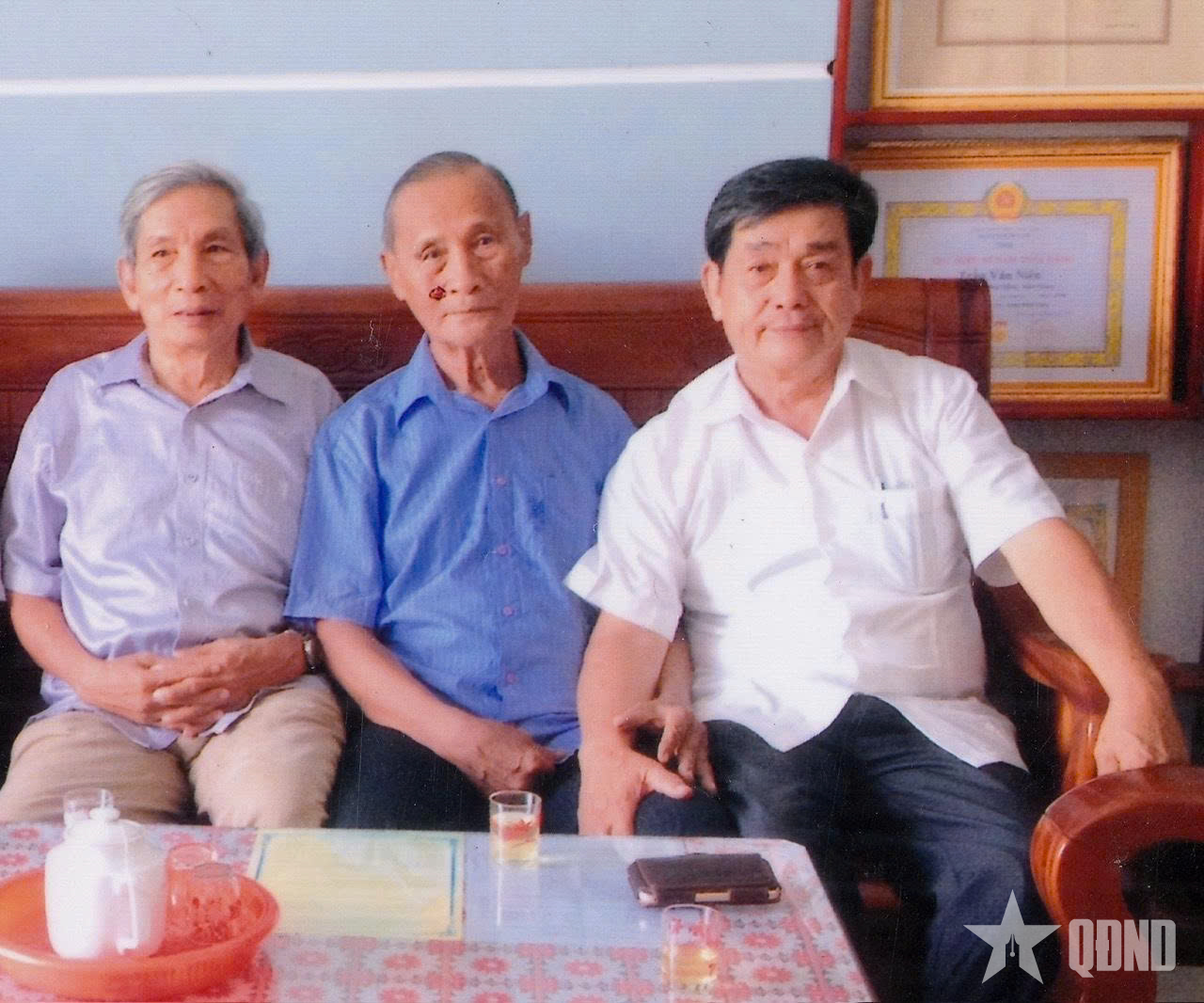 |
| In 2016, two reporters from the Southwest Liberation Army Newspaper, Le The Thanh (left) and Minh Duc (right), went to Can Tho to visit Major General Tran Van Nien, former Deputy Commander of Military Region 9. |
Le The Thanh shared: “During the years on the battlefield, I lost contact with my family, wife and children. Only later did I learn that my younger brother, Le The Cong, enlisted in the army in 1971 and died a year later on the Quang Tri battlefield… In 1985, I left the Army with the rank of Captain, Editorial Secretary of Military Region 9 Newspaper, and went to Hau Giang Branch of Vietnam News Agency. Three years later, I moved back to work as Chief of the Office of the Propaganda Department of Bac Thai Provincial Party Committee. In 1991, I became Deputy Editor-in-Chief of Bac Thai Literature and Arts Newspaper (later Thai Nguyen Literature and Arts Newspaper) until 1996 when I retired.”
According to journalist Le The Thanh, at the 1974 Military Region 9 celebration held in Van Khanh commune, An Bien district, Rach Gia province (now An Minh district, Kien Giang province), he was assigned by his superiors to write a summary report assessing the growth of the Military Region 9 after 20 years of fighting the US since the 1954 Geneva Agreement, praising 21 collectives and 24 heroic individuals. Because he was considered a person with an accurate memory and good writing, he knew by heart all the combat achievements of the units and individuals. The report read by comrade Bui Nhu Nho (Tam Xuan) made the cadres and soldiers excited about his fiery fighting spirit and sharp assessments and assessments on the fronts. It was thanks to that understanding that was valuable material, instilled in him to create beautiful and Southern-style literary pages later on.
Worldly Tea
The short story collection "Fields and Rivers" includes 13 short stories written by him in 4 years, which are deep impressions on the soldier-writer Le The Thanh through the years of rolling back and forth on the canals filled with smoke and fire of war in the Southwest region.
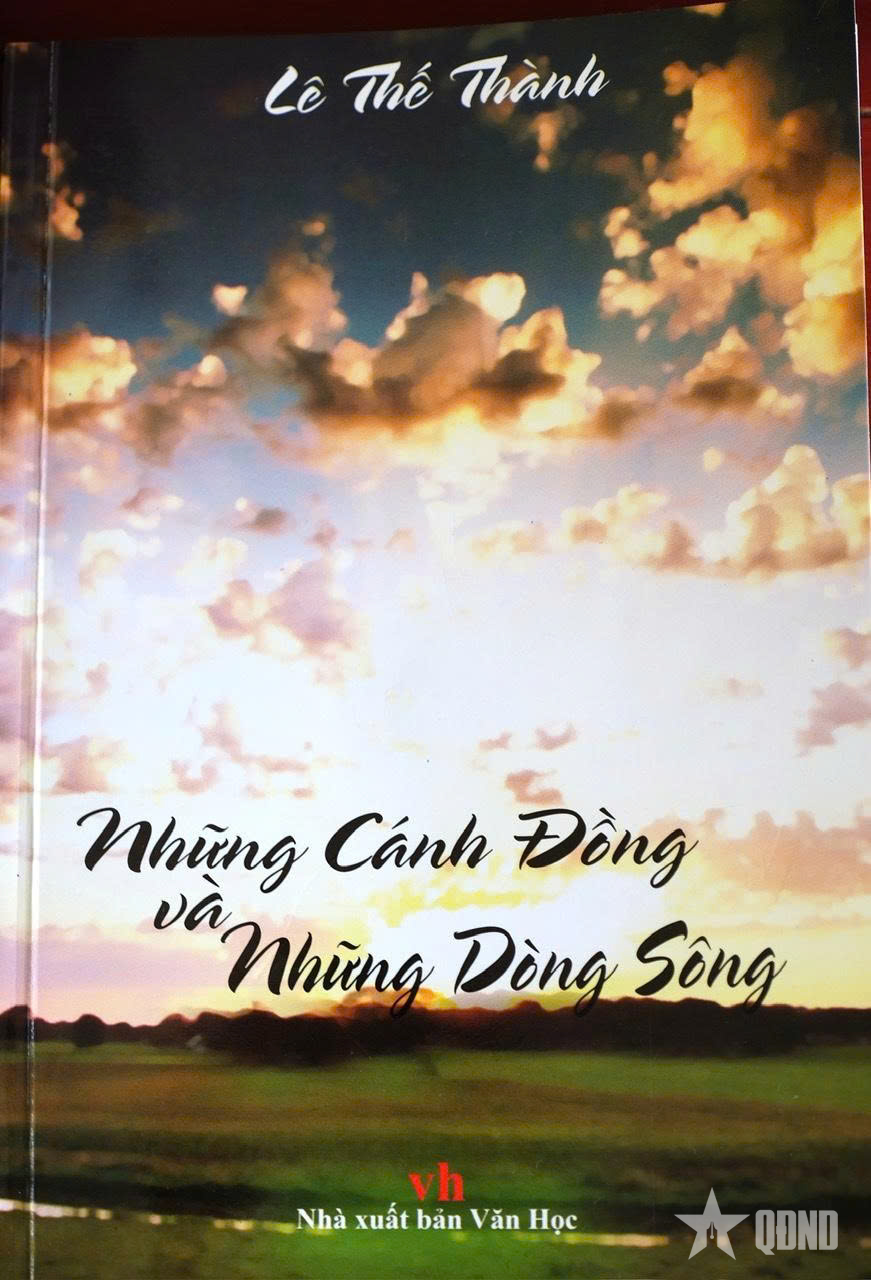 |
| Cover of the short story collection by Captain, journalist, writer Le The Thanh. |
It can be said that Le The Thanh's works are still in the flow of war - soldiers - the Southwest front. "Those are the characters, the atmosphere that I have been attached to for 20 years, as familiar as my own hometown. When I write, I always think of them as memories, painful memories of my comrades, of the people of the Mekong Delta, so it is like a story in a tea party about current affairs", Le The Thanh shared.
It is easy to see that when writing about this topic, his pen is quite lively, rich in inner strength, imbued with the character of the Mekong Delta. The people and events in the stories and memoirs are all known to him thoroughly, are familiar with him, and he brings them to paper with respect.
Writer Nguyen Khac Truong commented: “Mr. Le The Thanh’s writing style still follows the classical method, meaning that the stories all have a solid core, and can be retold after reading. The characters’ psychology develops over time, according to the situations of the story. The past and present are intertwined but coherent and clear. Mr. Thanh’s pen tends towards humanity and a happy ending. He has never pushed his pen to the extreme, to the point of violence to illuminate the dark corners of people’s hearts.”
Having gone through years of hardship, devoting his youth to the war, and being thoroughly trained before writing, the "tea talks about world affairs" of Captain, journalist, and writer Le The Thanh are worth reading and pondering.
Now, although he has passed away (he passed away in 2022), the articles and writings of the son of Thai Nguyen, imbued with the Southern character and personality and the mark of a wartime, are still intact in the hearts of the people and soldiers of the river region - the places where he lived, fought, and worked on the journey "A journey of life, a feeling" as he once shared.
KIEN GIANG LAKE
Source: https://www.qdnd.vn/phong-su-dieu-tra/ky-su/nha-bao-nha-van-le-the-thanh-mot-chang-duong-doi-mot-noi-niem-833601




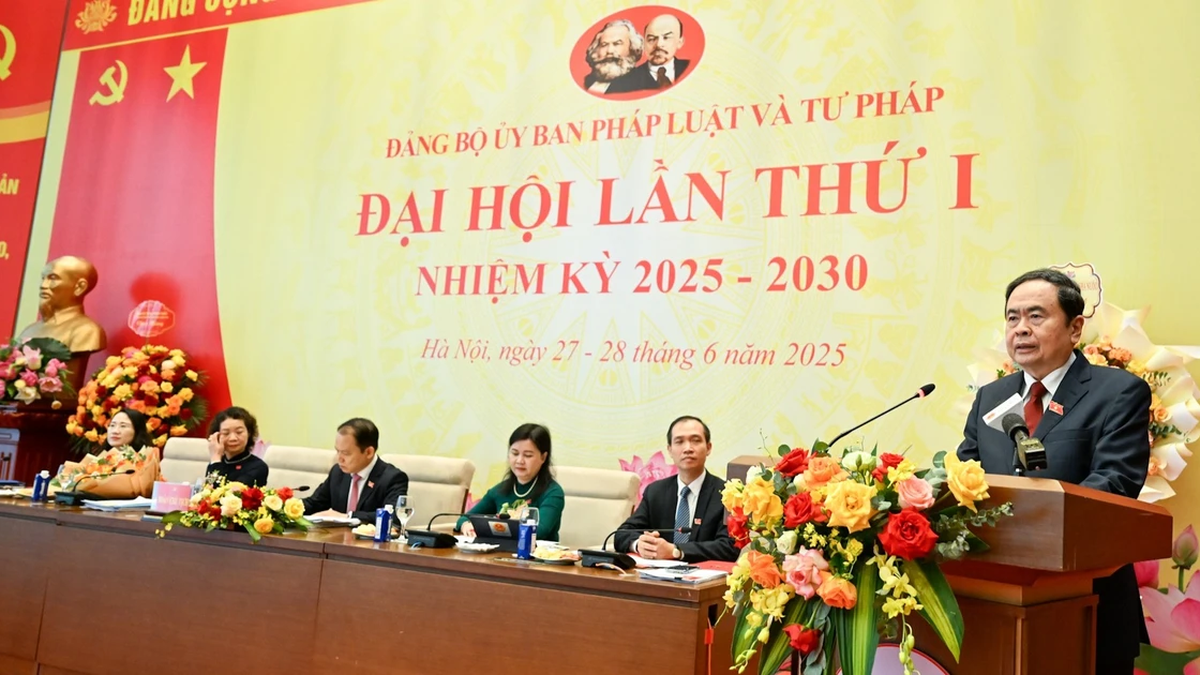

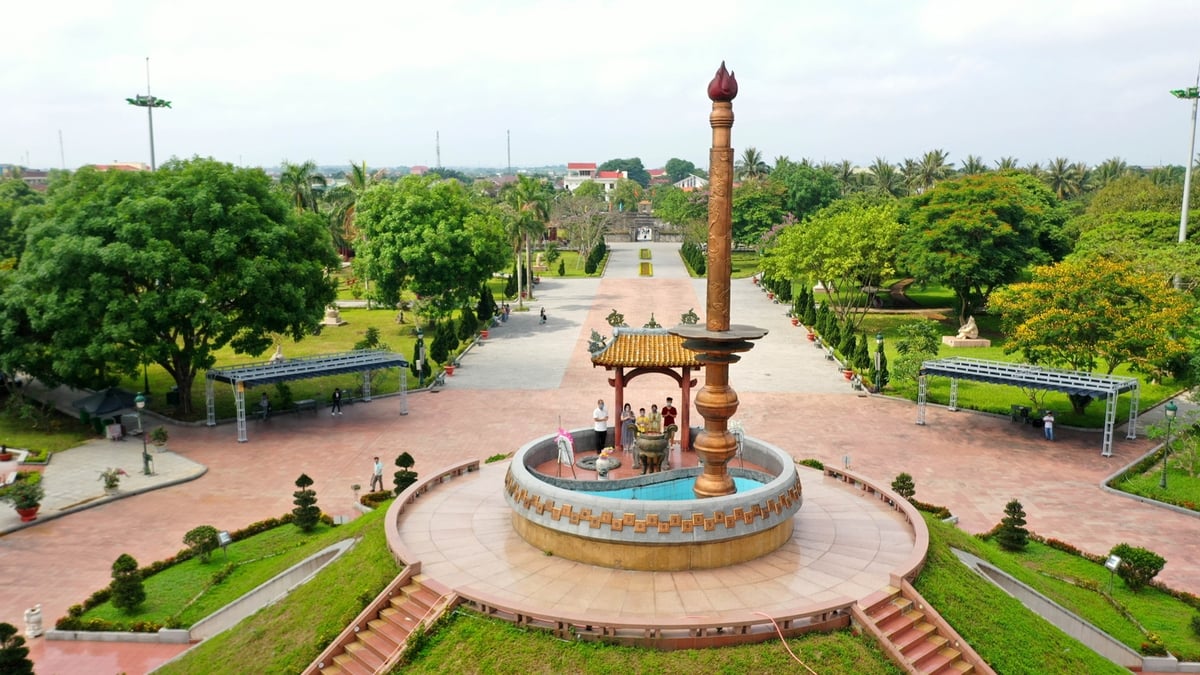

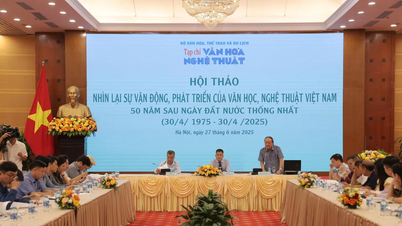

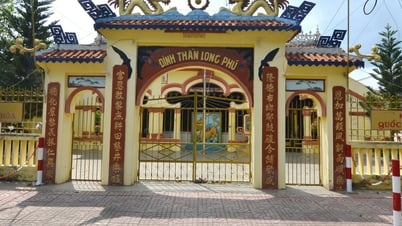

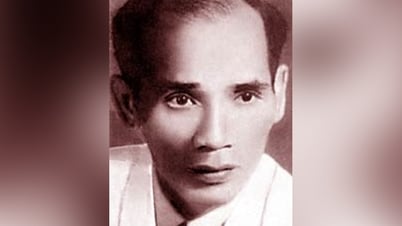


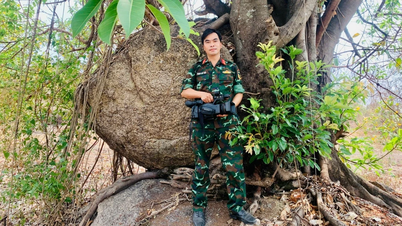


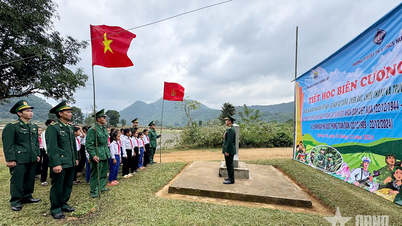
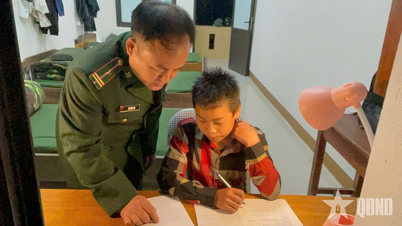
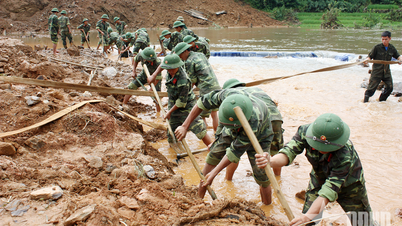
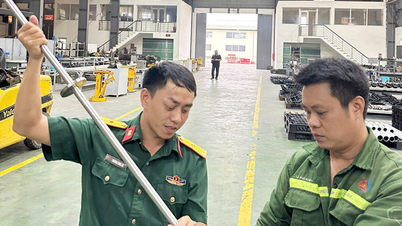
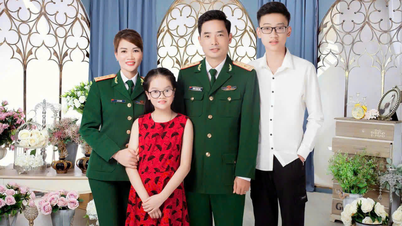
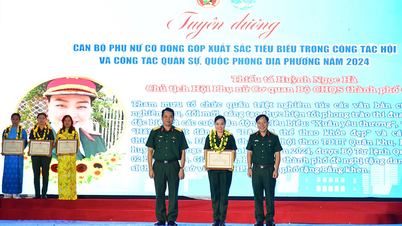




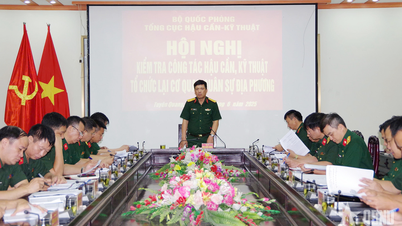
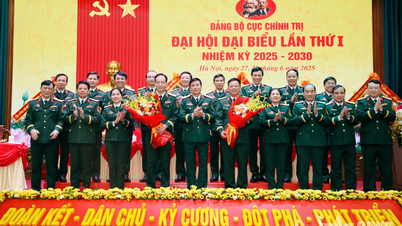
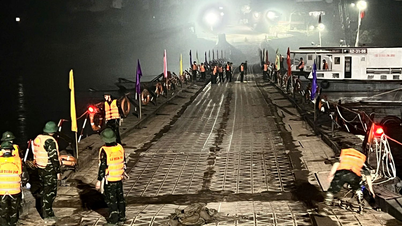
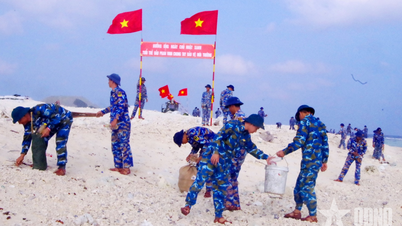
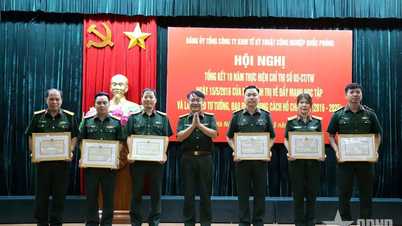
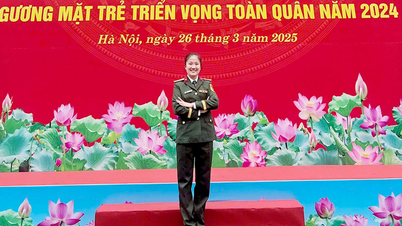

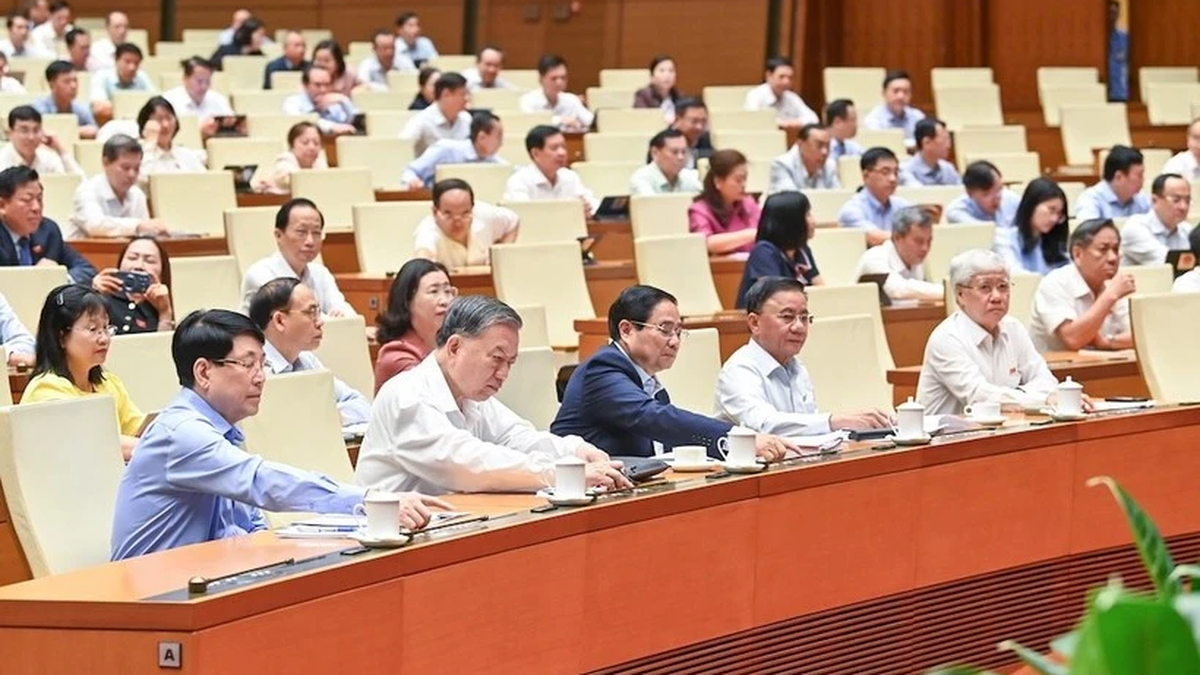
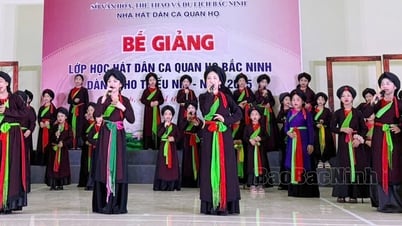

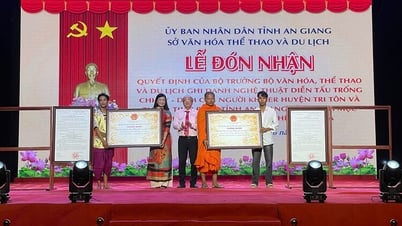

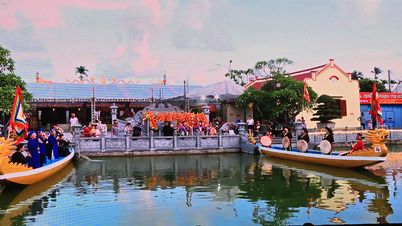

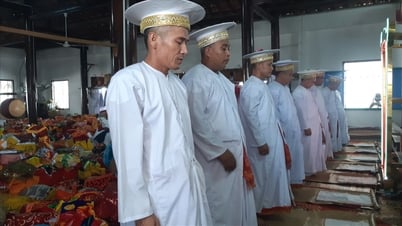

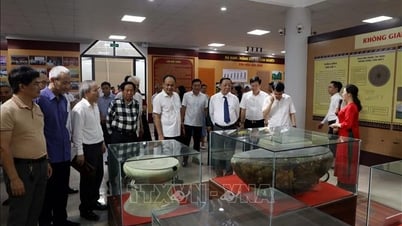

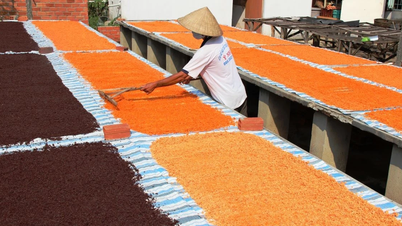



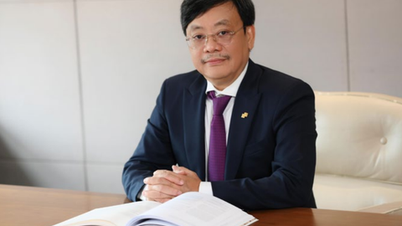

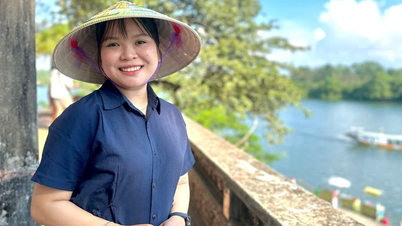


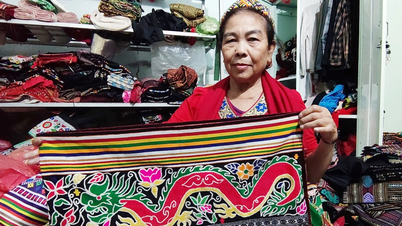



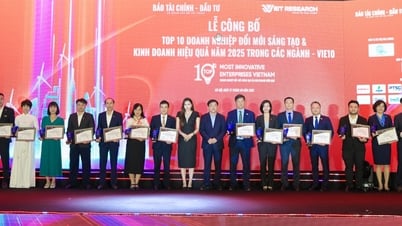

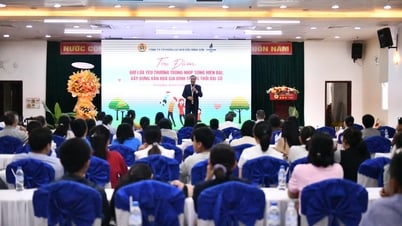





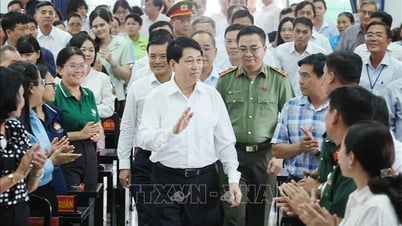
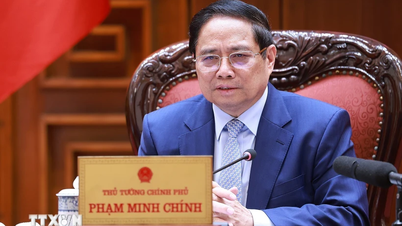


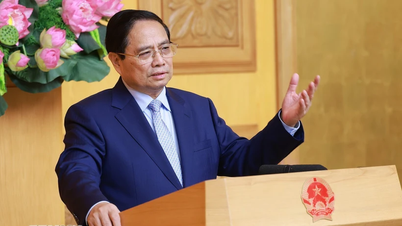
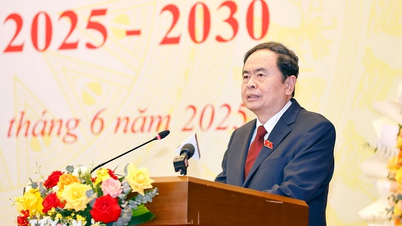
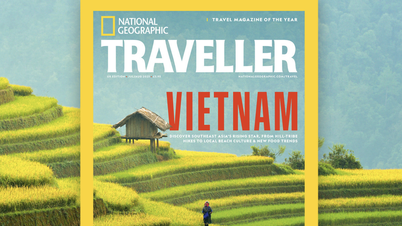


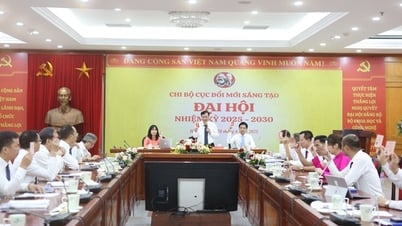
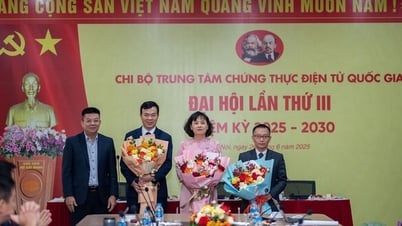
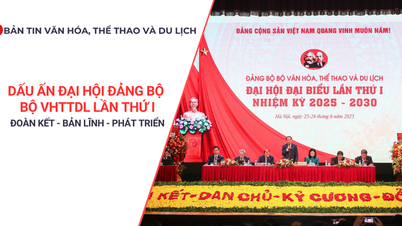

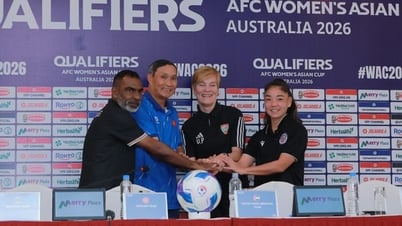
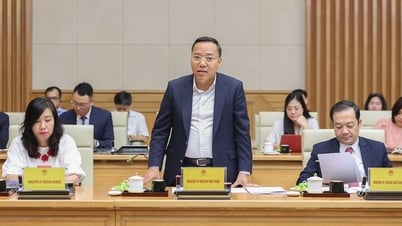



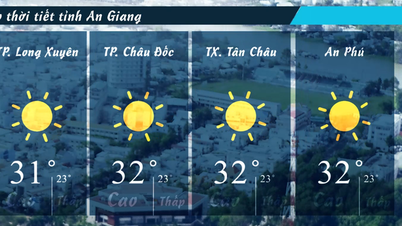



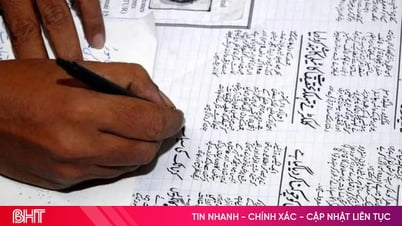
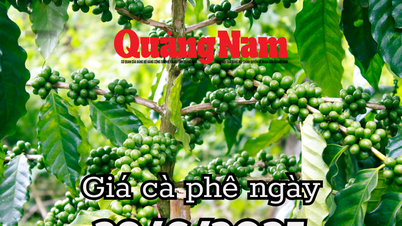














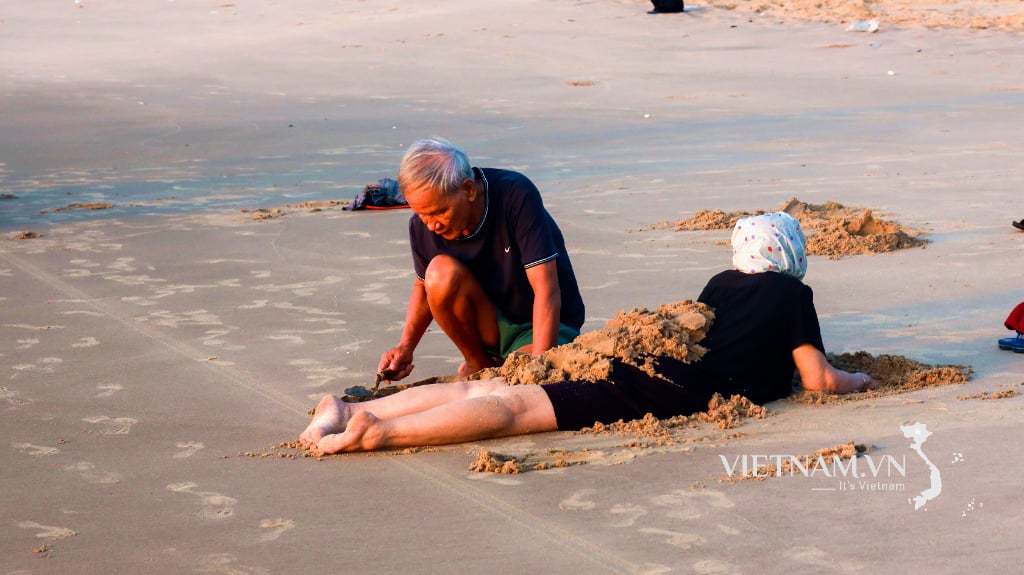
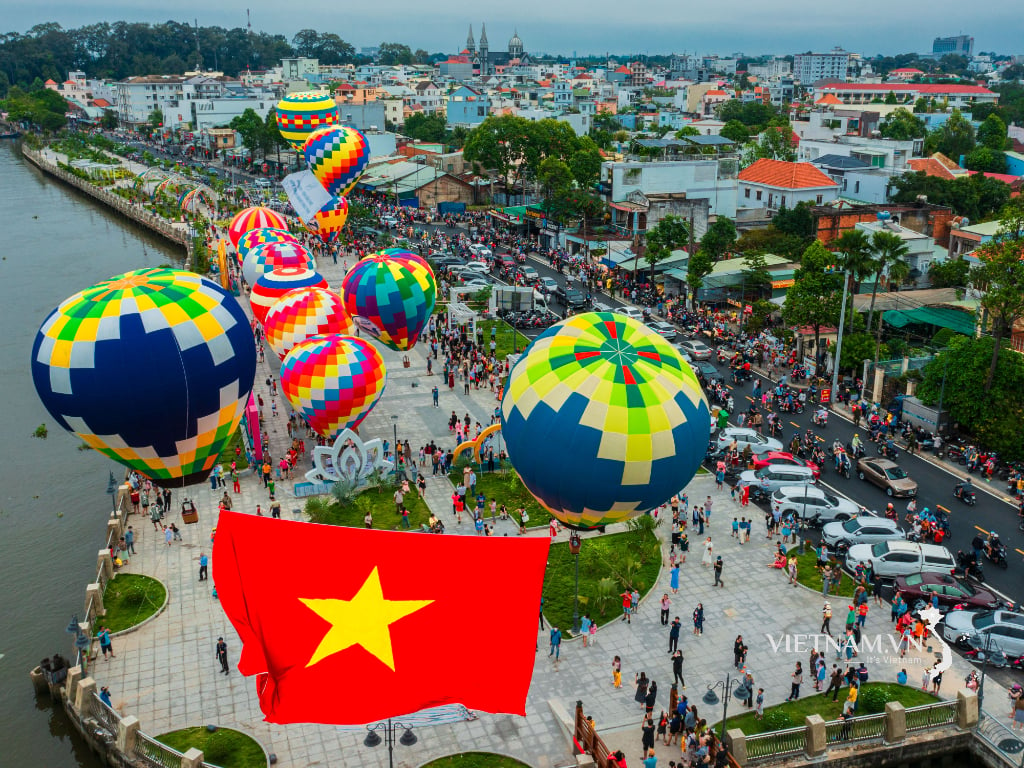

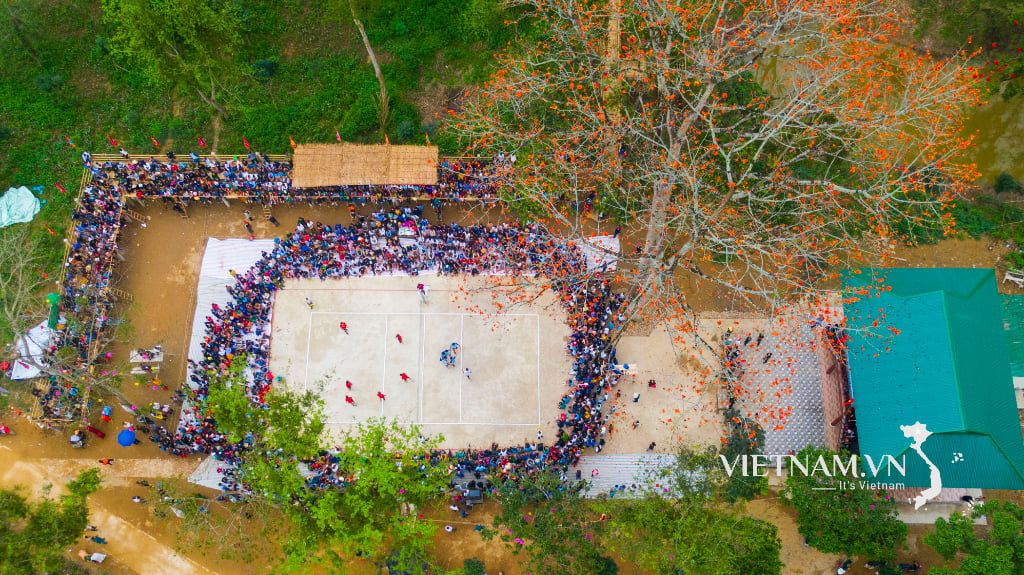
Comment (0)